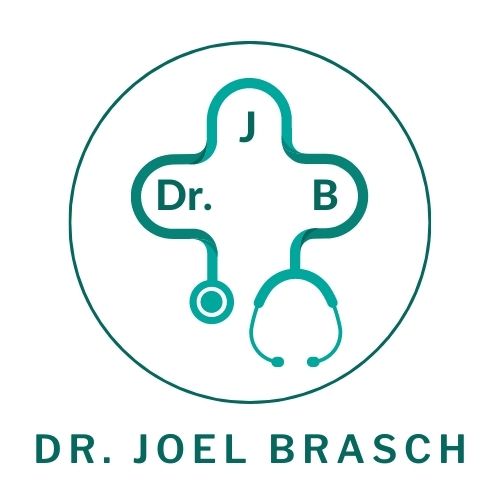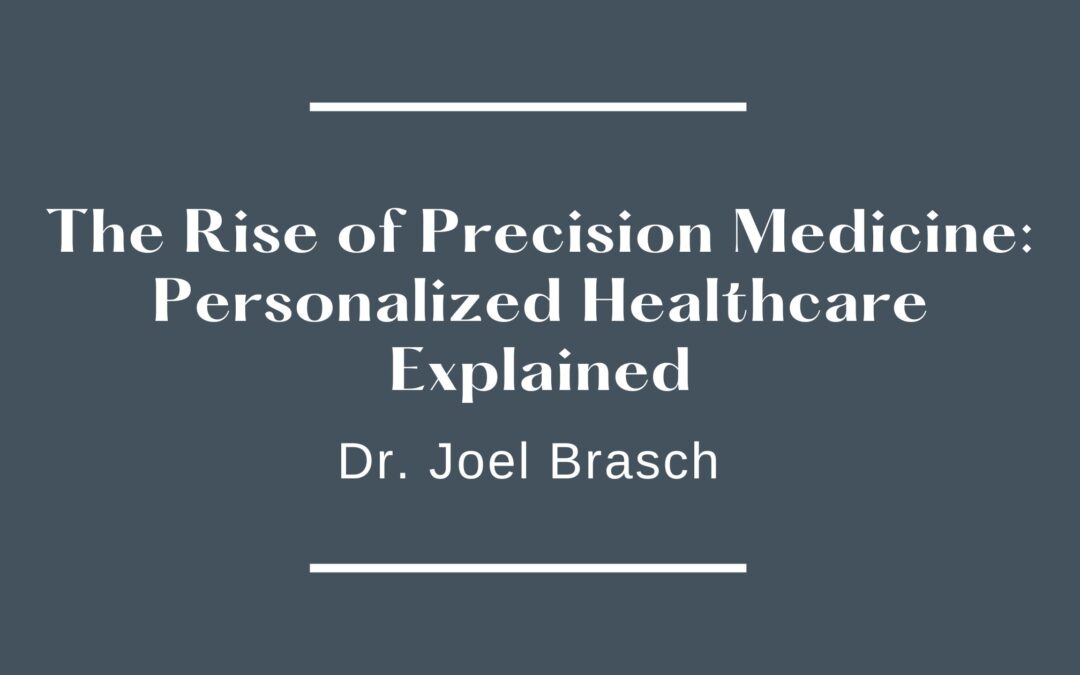Precision medicine, also known as personalized medicine, is revolutionizing healthcare by tailoring medical treatment to each patient’s individual characteristics. Unlike the traditional one-size-fits-all approach, precision medicine considers genetic, environmental, and lifestyle factors to develop customized treatment plans. This innovative approach enhances the effectiveness of treatments, reduces side effects, and improves patient outcomes.
The Core of Precision Medicine
1. Genetic Profiling
At the heart of precision medicine is genetic profiling, which involves analyzing a patient’s DNA to identify genetic variations that influence health and disease. By understanding these genetic differences, healthcare providers can predict a patient’s risk for certain conditions, such as cancer or heart disease, and implement preventive measures or early interventions. For example, BRCA1 and BRCA2 gene mutations are associated with an increased risk of breast and ovarian cancers, and identifying these mutations can lead to proactive monitoring and preventive strategies.
2. Personalized Treatment Plans
Precision medicine uses genetic information to create personalized treatment plans. This approach ensures that therapies are tailored to each patient’s specific genetic makeup, increasing the likelihood of treatment success and minimizing adverse effects. In oncology, for instance, targeted therapies can be designed to attack cancer cells with specific genetic mutations, sparing healthy cells and reducing the side effects of traditional chemotherapy.
Advantages of Precision Medicine
1. Enhanced Treatment Efficacy
One of precision medicine’s primary benefits is its ability to enhance treatment efficacy. By selecting therapies based on an individual’s genetic profile, doctors can choose the most effective drugs and dosages for each patient. This targeted approach can lead to better treatment outcomes, faster recovery times, and improved overall health.
2. Reduced Side Effects
Traditional treatments often have significant side effects, as they may not suit every patient’s unique biology. Precision medicine minimizes these side effects by tailoring treatments to the patient’s genetic makeup. For example, pharmacogenomics, the study of how genes affect a person’s response to drugs, can help determine the safest and most effective medication for a patient, reducing the risk of adverse reactions.
3. Preventive Healthcare
Precision medicine also emphasizes preventive healthcare. By identifying genetic predispositions to certain diseases, healthcare providers can implement early interventions and lifestyle changes to prevent the onset of these conditions. This proactive approach can lead to better health outcomes and reduced healthcare costs in the long run.
Challenges and Considerations
1. Ethical and Privacy Concerns
The use of genetic information in precision medicine raises ethical and privacy concerns. Patients may worry about the confidentiality of their genetic data and the potential for misuse by employers, insurers, or other parties. Ensuring robust data protection measures and establishing clear guidelines for the ethical use of genetic information are crucial to addressing these concerns.
2. Accessibility and Cost
While precision medicine holds great promise, its accessibility and cost remain challenges. Genetic testing and personalized treatments can be expensive, potentially limiting patient access without adequate insurance coverage or financial resources. Efforts to make precision medicine more affordable and widely available are essential to ensure that all patients benefit from these advances.
3. Integration into Clinical Practice
Integrating precision medicine into everyday clinical practice requires significant healthcare infrastructure and training changes. Healthcare providers must be educated about genetic testing and its implications, and systems must be developed to seamlessly incorporate genetic information into patient records and treatment plans. Ongoing research and collaboration among scientists, clinicians, and policymakers are vital to overcoming these hurdles.
The Future of Precision Medicine
The future of precision medicine is promising, with ongoing advancements in genomics, data analytics, and biotechnology driving its evolution. As our understanding of the human genome deepens, new opportunities for personalized healthcare will emerge, from gene editing technologies like CRISPR to advanced diagnostic tools that can detect diseases at their earliest stages.
Conclusion
Precision medicine represents a paradigm shift in healthcare, offering personalized treatments that consider each patient’s unique genetic, environmental, and lifestyle factors. By enhancing treatment efficacy, reducing side effects, and emphasizing preventive care, precision medicine can significantly improve patient outcomes. However, addressing ethical, privacy, accessibility, and integration challenges is essential to realise this innovative approach’s benefits fully. As technology advances, precision medicine will play an increasingly vital role in shaping the future of healthcare, ushering in a new era of personalized, effective, and patient-centered care.

